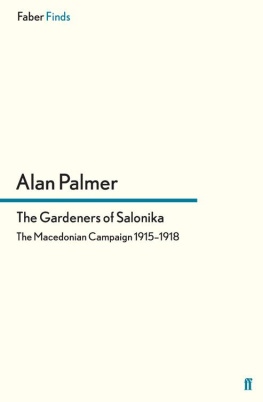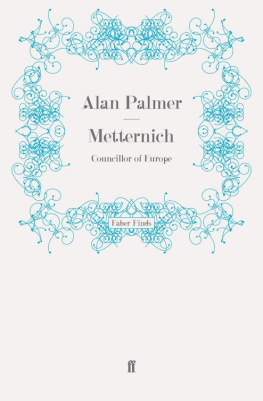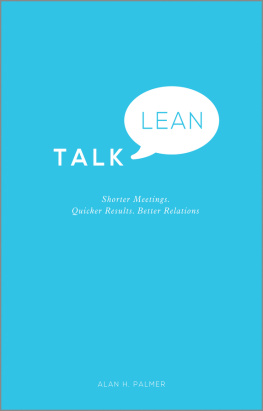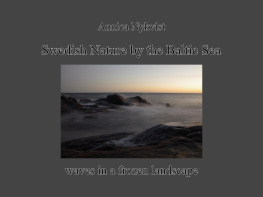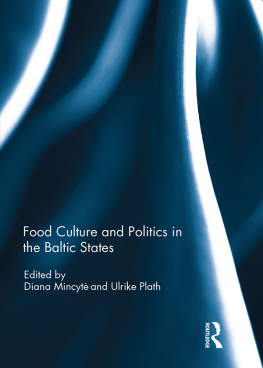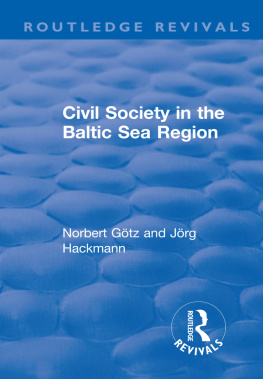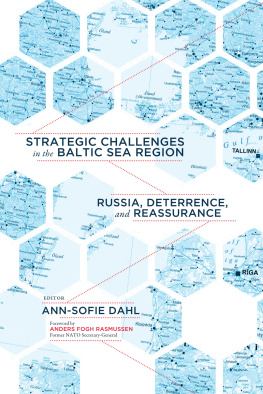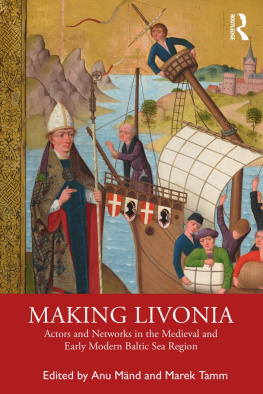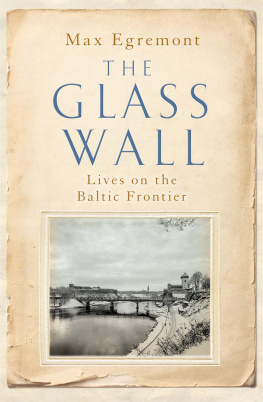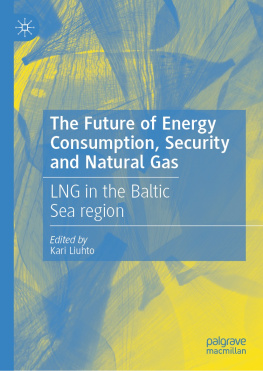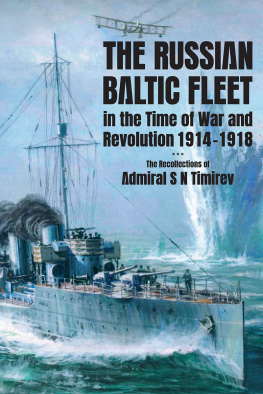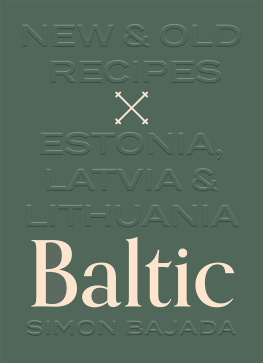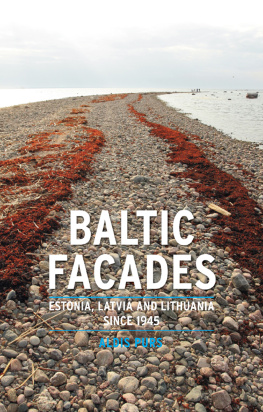First published in the United States in 2006 by
The Overlook Press, Peter Mayer Publishers, Inc.
New York and London
NEW YORK:
Overlook
141 Wooster Street
New York, NY 10012
www.overlookpress.com
LONDON:
Duckworth
90-93 Cowcross Street
London EC1M 6BF
www.ducknet.co.uk
Copyright 2005 Alan Palmer
Originally published in the United Kingdom as Northern Shores.
All rights reserved. No part of this publication may be reproduced or transmitted in any form or by any means, electronic or mechanical, including photocopy, recording, or any information storage and retrieval system now known or to be invented, without permission in writing from the publisher, except by a reviewer who wishes to quote brief passages in connection with a review written for inclusion in a magazine, newspaper, or broadcast.
ISBN 978-1-59020-926-4
The Gardeners of Salonika
The Penguin Dictionary of Modern History 17891945
Napoleon in Russia
The Lands Between: East-Central Europe since the Congress of Vienna
Metternich
Alexander I, Tsar of War and Peace
Frederick the Great
The Life and Times of George IV
Russia in War and Peace
Bismarck
The Kaiser: Warlord of the Second Reich
The Penguin Dictionary of Twentieth Century History
Whos Who in Modern History
The Chancelleries of Europe
The Princes of Wales
An Encyclopaedia of Napoleons Europe
Crowned Cousins: the Anglo-German royal connection
The Banner of Battle: the story of the Crimean War
The East End: four centuries of London life
Bernadotte: Napoleons Marshal, Swedens King
Kemal Ataturk
The Decline and Fall of the Ottoman Empire
The Twilight of the Habsburgs: the life and times of Emperor Francis Joseph
Dictionary of the British Empire and Commonwealth
Napoleon and Marie Louise
Independent Eastern Europe, A History (co-author with C. A. Macartney)
The Royal House of Greece (co-author with Prince Michael of Greece)
Quotations in History (co-author with Veronica Palmer)
Whos Who in Shakespeares England (co-author with Veronica Palmer)
Royal England (co-author with Veronica Palmer)
Whos Who in Bloomsbury (co-author with Veronica Palmer)
The Pimlico Chronology of British History (co-author with Veronica Palmer)
A generation ago English-language histories of Europe neglected the Baltic past. Some names were sure of a few paragraphs: Gustavus Adolphus, for leading a Protestant army into Germany and perishing in the hour of victory; Peter the Great, for opening Russias window to the West; Copenhagen as the city on which Nelson belligerently turned a blind eye; and, in passing, the Hanseatic League, though rarely with mention of its origins in the inland sea. Over recent years, however, interest in the Baltic and its peoples has grown rapidly. Several universities have departments specializing in Baltic studies, if only at post-graduate level. Penguin Classics in translation introduced Thomas Manns Lbeck and Theodor Fontanes Kessin, a thinly disguised Swinemnde, to a new reading public. In 1980 Eric Christiansens The Northern Crusades stimulated interest in a forgotten chapter of mediaeval history while, in Gods Playground, Norman Davies recorded the glory, anarchy and tragedy of Poland, the continents most resilient nation. A decade later Dr David Kirbys two volumes The Baltic World 14921772 and The Baltic World 17721993 examined half a millennium in scholarly detail. I remain grateful to all these authors.
Northern Shores was conceived back in the early 1970s when, aboard a Soviet ship bound for Leningrad, I saw for the first time the sentinel castles that form a Seagate for the Baltic. A sense of the past always enhances the pleasures of travel. Was there, I wondered, scope for a narrative account of the regions history from the Vikings to the present day? I began to consider the form of the book, deciding early on to exclude Norway, as a land that looked to the Atlantic rather than to the inland sea. Next year, with my late wife Veronica, I took the car across to Esbjerg. We ferry-hopped through much of Denmark, southern Norway and Sweden. On other journeys we visited Finland and saw a little of East Germany and Poland. But there was no way we could travel freely through the occupied Baltic republics. Notes for the projected book were put aside in favour of topics that interested me elsewhere.
By the end of the century the face of Europe had changed completely and I remembered my discarded notes. The whole region was more accessible. Regular cruise ships sailed from Dover. The 2,000 kilometre flight from Heathrow to St Petersburg took little more than three hours; Stockholms Arlanda airport, 1,500 kilometres distant, could be reached in two, and I found that, by changing at Copenhagen, Vilnius was only four hours away. I travelled to the Baltic in four successive years. It was pleasant to go by bus from Vilnius across much of the three independent Baltic republics and gratifying to find so many people willing to talk to me. From sixteen-year-olds to an over-eighty, I heard reminiscences of the past and speculation on the present and the future. Unfortunately we never got on surname terms and so I cannot thank them individually.
There are, however, many friends whose help it is a pleasure to acknowledge by name. The then Hungarian ambassador to Sweden, Laszlo Szke, his wife Judit and his daughters Diana and Beata entertained me in Stockholm; I much appreciated Laszlos guidance on so many informative excursions. I remember with delight a car journey around the Oresund with Christopher and Charmian Johnson, Miranda and Sebastian; Chris has also spent patient hours as my computer mentor. Sir Martin Gilbert enlightened me on many facets of twentieth century history. Sinclair Third generously allowed me to use disks of his notes on the movements of German warships. Aleksas Vilinskas clarified aspects of Lithuanian history for me and provided information for the chronology of Lithuanian rulers at the back of the book. Reija Fanous kindly answered questions on Finland and the Finnish language. For the loan of books, maps, photographs and pamphlets my thanks go to Clare and Robert Brown, Miranda Jones, Elizabeth Maylor and Sean Lang.
The staffs of the London Library and the Bodleian Library have, once again, helped me with great efficiency. I am grateful to John McLaughlin, most sympathetic of literary agents, and to my patient publishers both at Albemarle Street and Euston Road, with especial thanks to Gordon Wise and Catherine Benwell. I also appreciate the skills of Anne Boston, the cartographer Martin Collins and Douglas Matthews, the doyen of indexers.
Eight of the people whose help I acknowledge by name come from the congregation of St Mary Magdalen, Oxford, the church where I have long been a communicant, and it is with gratitude that I dedicate this book to the many friends at Mary Mags who, over the years, have given me so much active support and encouragement.
Alan Palmer
Woodstock, January 2005
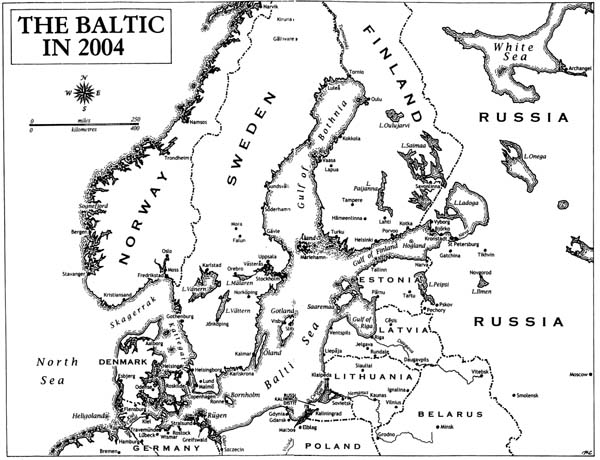
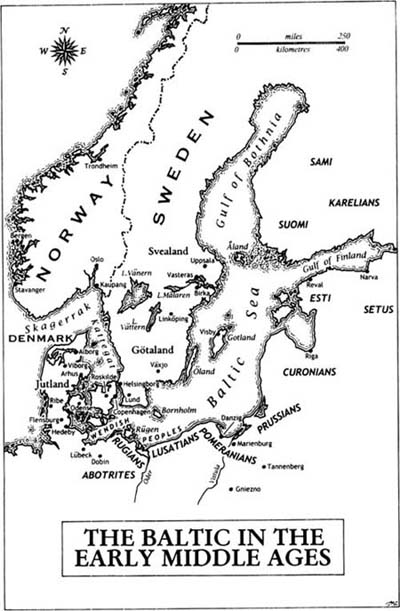
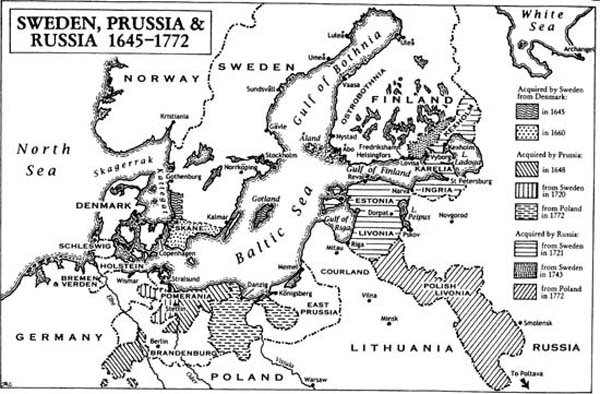
Unless otherwise stated, all dates are given in the Gregorian calendar, common to Western Europe but not adopted in Russia until after the Bolshevik Revolution. Personal names have been anglicized, except where indicated. Distances are expressed in kilometres and metres rather than miles and yards. For those who, like the author, think more naturally in the old system it may be convenient to remember that 8 kilometres are approximately 5 miles.


